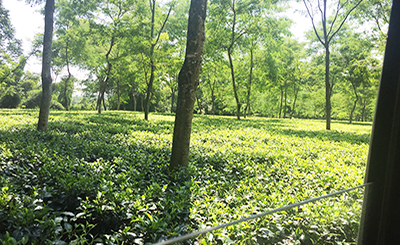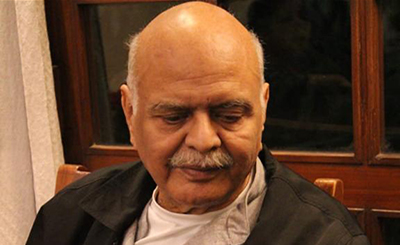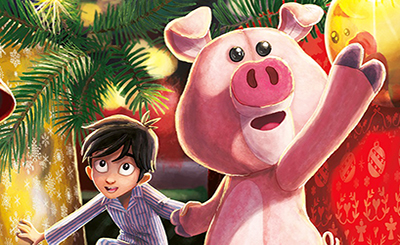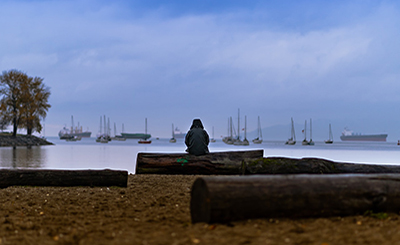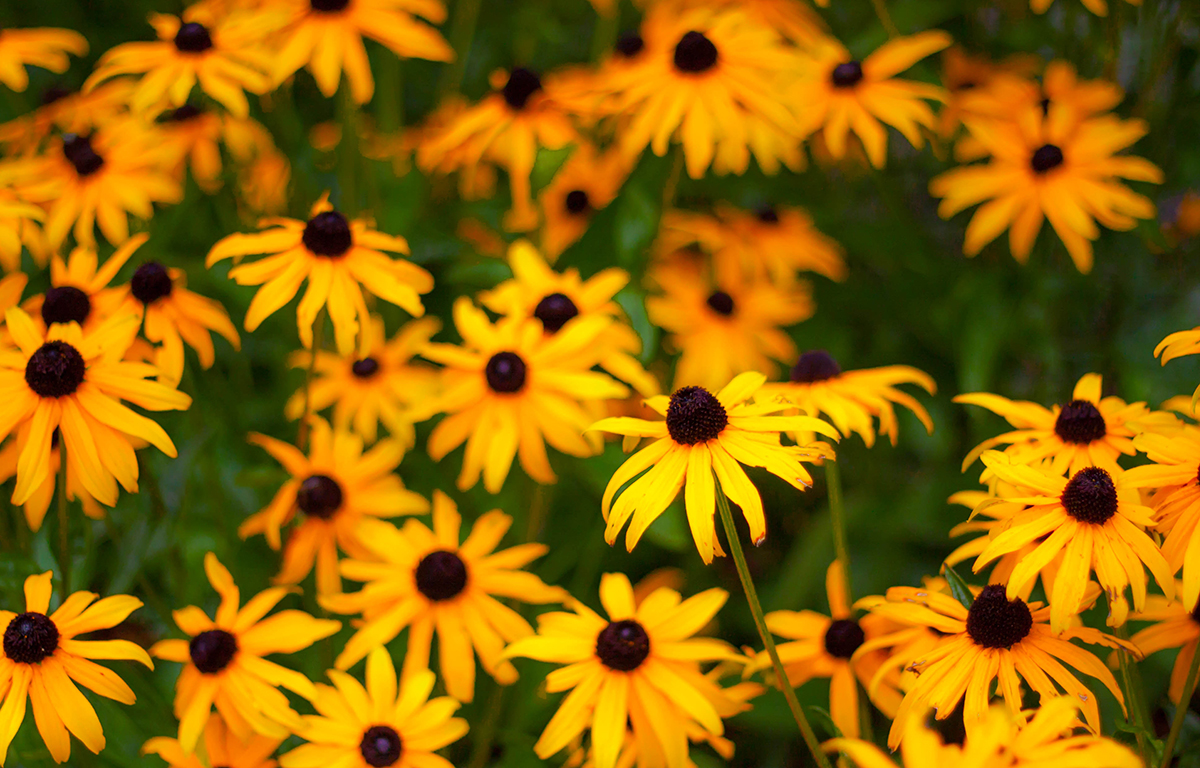
Yellow Lane Diaries
(For Paul Chung, Dominic Lee & other friends)
I
I follow the Ox-path
Of Blackburn Lane
That ends in a rabbit trail
At Tiretta Bazaar,
Where I try to imagine
The breadth of a field’s sigh
As it gazes at a jade sky.
Figuring the horizon
Can be a good exercise
In Tiretta Bazaar.
I found it more useful
Than reading books,
Than chanting poetry.
Living in a meagre lane,
With nothing but rice
In a split-bamboo bowl
And water in a gourd cup,
Can be noble too.
II
On Christopher Road
A south wind picks up vintage dirt,
Aged by the sun,
Smeared with life,
Whose essence
Claws at my lungs
Like a rat at bay.
Far above the earth
Plastic bags are making love
Like white egrets,
Unconscious
Of green earth or azure sky.
III
I never knew thought was so estranging.
Tiretta Bazaar was a study
In broccoli and lettuce
That had just caught the loitering dew,
By its hand,
And made its mind up for the season.
Being
Was the anxiety of history
In the sun.
IV
How many orbs does the moon have my friend?
Every cup that we might stir
In our laughter
Will still reflect the moon,
Though our throats be dry
And greetings brief,
At Tiretta Bazaar
Or Christopher Road.
V
I met a traveller from an antique land;
And friends are always travellers;
And travellers forge instant friendships.
It is with travellers that you share
Kindred thoughts,
Allow histories to be emptied
And clouds to gather.
My friend and I shook hands
Across the loamy nipples of the Yang Tze
That was as wide
As Damzen lane.
And our bodies were two mirages
In a rainy desert.
VI
Will a Magpie bridge secure
The west and the east
Of walks that fall away
Like the travails of waiting
In these lanes?
Chinese New Year at Bow Barracks: A Haunting
(For the Liao household; Pradipta Bagchi, photographer and friend & The Rainbow residents of Bow Barracks)
I cannot know. No matter.
I am in that warm sleep
On a Bow Barracks roof,
Or was,
As I fell asleep with a kite
On that ransomed afternoon
When the buildings bled in my dream.
Tar-blind, sun-swarmed —
Dark, that illumines Bow Street,
Light, that seals the eyes of Bow Barracks roofs —
The kite ignored the late-winter jibes
Of the wind under its feathers
And slept on,
Like me,
Like an epithet
Alive to soundless fall of verbs
On dust and ether,
But only in inaction.
Still sleeping, already roused,
Everything was warm
And red
As though I wore the skin
Of my stomach
On my bones,
And last night’s vineyard had wetted it again.
It would soon be evening
And a city held its breath,
Noisily,
In the long sigh of traffic.
Rising,
Mid-Afternoon,
On the rooftops of Bow Barracks
When the sun sees the wall
Through bars of flesh;
When shadows rise and fall
Athwart
The red warmth of a still-beating heart
That the anatomy lesson of the afternoon
Had uncovered
In the grey innards of the city,
I was snared by light:
Snared
As it rode the knuckles of brick
Like a lover’s uphill and downhill tour
Of his beloved’s hand.
It was the flush of touch,
The blood of waiting
On the impatience of a city
As it, still, made up its mind.
Was it a drum that had breached
The skin of my tiredness,
Wrinkled, not taut with sleep?
Or was it
The madness of labour
Making idle gaps in masonry
South of my Bow Barracks eyrie
From where you could spy
Anxious residents converse
With angels through rusting girders
And missing panes?
The morning had been spent
In breathing
(Despite the scent of sewers and soya sauce),
The particular essence
Of vermillion
That casts a shadow in the light,
And blue, pellucid,
That absorbed them:
The buildings and the sky,
The hair and the hat,
The bristle between
Of February mornings.
Little Samara was looking upwards.
Did she believe as the Chinese poets did
That moss was impossibly slick,
Even without rain?
She gazed up leaking drain-pipes:
The lethargy of plumbing
Making the lethargy of her gaze
Appear like a tint no one knew
Could be deepened.
Her gaze held the reflection of mountains
That ambushed you from those red walls.
But, did she know
That this far up, Pines need no wind to sing?
The hand had fallen in love
With the echo of its handiwork.
Why else would I find all around
The quiet, red monk,
(That is a Bow Barracks morning),
The sight of stooped workmen
Building prisons? —
Prisons that save us from freedom
In our rangings to find
Safety from ranging
In our city.
Lances of drum-shout
Pierce through to the red lanterns
Like a cool wind promenading on Bow Street,
Fingering them
And wishing sleeping residents
A happy Chinese New Year.
But somewhere,
The raised voices of workmen
Is becoming concrete.
What Lenten pleasures then of wine, fruit and abstinence?
The red back of the roasted pig
That made candles and a dragon’s lust bleed red
Also made Bow Barracks glow
Like burning charcoal,
Singeing the night dew.
Feasting during a fast,
I would rather let
The Ancestors and Jesus Christ
Settle the matter,
Across the breadth
Of Mr. Liao’s drawing room.
Such beginnings can agitate
Even stone to precious longing,
And Bow Barracks is no stone
In the sun.
The tanned sound that escapes
Southern balconies
In the morning —
Strauss, distressed,
Because of its too-smooth sliding —
Makes its way down to me
Through the hide and bone of drums
Ushering in dragon-immanence.
It often sounds like Berlioz
By the time it is on the street,
Or Doubt,
That is a cuckoo-clock gone mad
Because it has missed the hour
In its daydream of some grand symphony.
The photographer stood up
On the roof of the afternoon,
Beside the kite,
Above the drums.
Stood to attention
As though the red neighbourhood
Of Bow Barracks had called,
Called to say:
“Move into the clear,
Keep still,
Take your place
In the bareness of your fear,
Out in the place,
And look down
On your own face.”
More from The Byword
Comments
*Comments will be moderated




